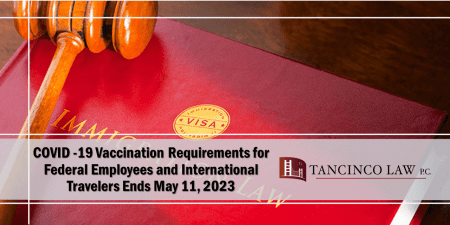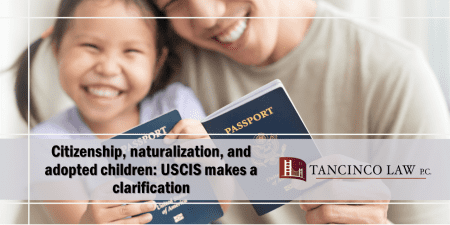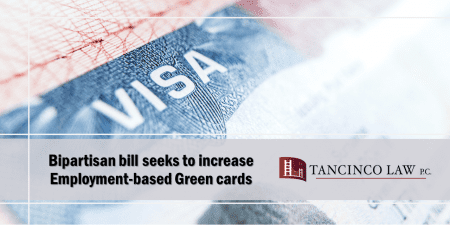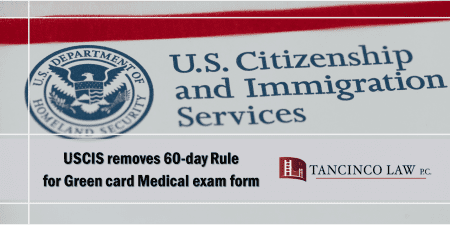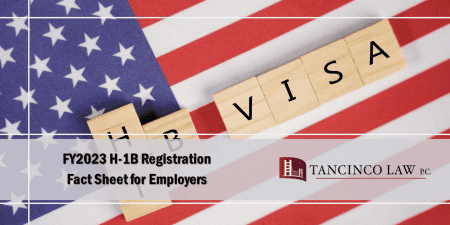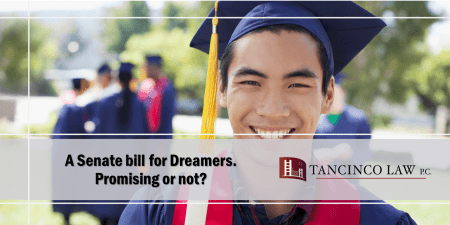The Biden-Harris Administration announced recently that vaccination requirements are no longer necessary for international travelers.
In a statement released by the White House on May 2, 2023, the following important news was provided:
“Today, we are announcing that the Administration will end the COVID-19 vaccine requirements for Federal employees, Federal contractors and international air travelers at the end of the day on May 11, the same day that the COVID-19 public health emergency ends. Additionally, Health and Human Services (HHS) and the Department of Homeland Security (DHS) announced today that they will start the process to end their vaccinations requirements for Head Start educators, CMS- certified healthcare facilities and certain noncitizens at the land border. In the coming days, further details related to ending these requirements will be provided.”
According to the White House, the Administration acknowledged that COVID-19 vaccine requirements bolstered vaccination across the nation and the broader vaccination campaign has saved millions of lives. “ While vaccination remains one of the most important tools in advancing the health and safety of employees and promoting the efficiency of workplaces, we are now in a different phase of our response when these measures are no longer necessary.”
This new development will take place at the end of the day on May 11, 2023.

